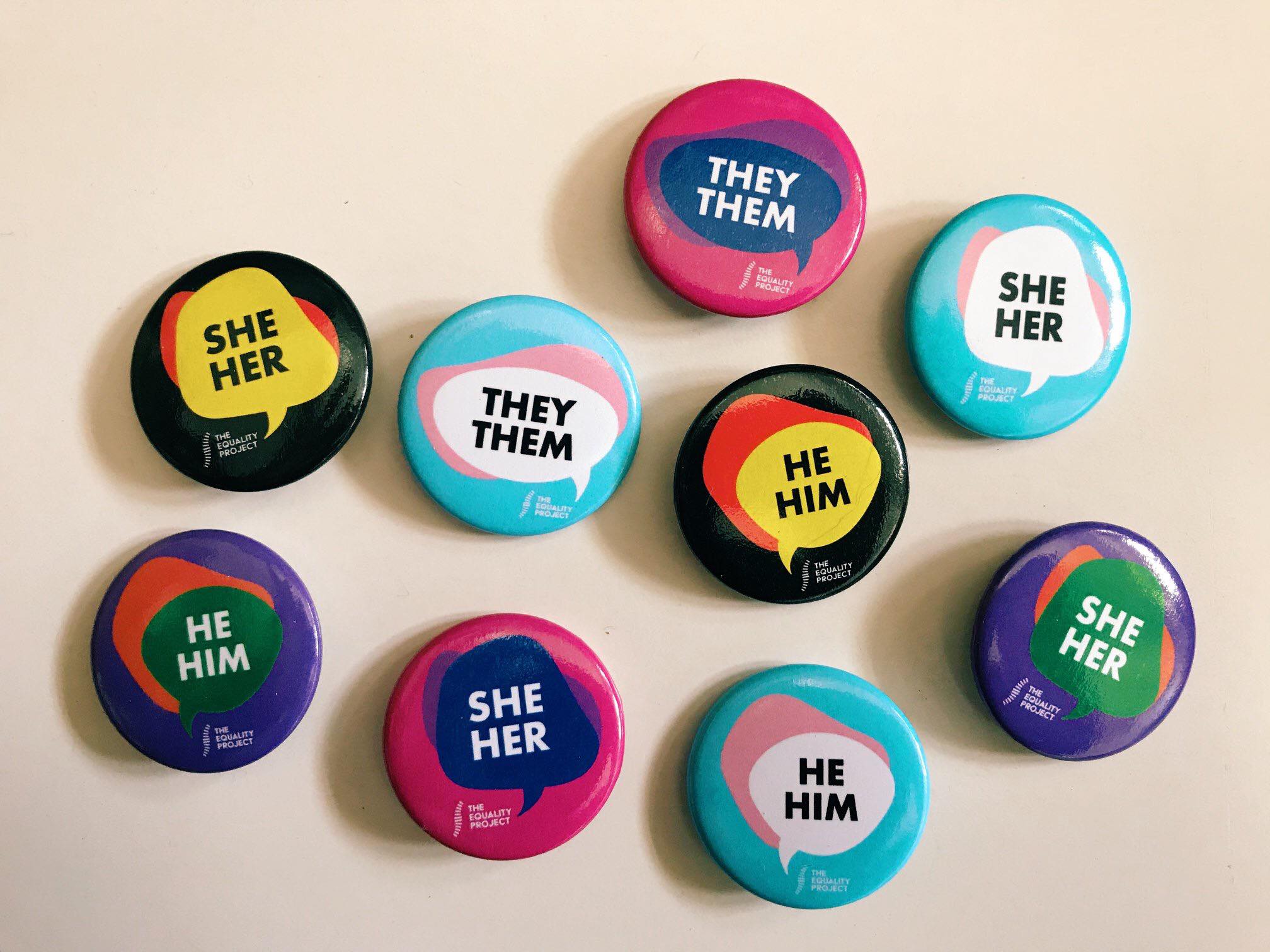Content warnings: homophobia, transphobia, murder and assault
Better Together is a conference hosted by The Equality Project, which this year hosted about 700 LGBTQIA+ community members, sector workers, and allies at the Williamstown Town Hall. I was honoured to attend, learn, and strategise for three days alongside them.
We’ve come a long way
One of the speakers at Better Together compared the event to the first National Homosexual Conference, which was held in Melbourne in 1975, nineteen years before I was born. It only hosted 20 or 30 attendees. Until that moment, I hadn’t realised that organising for queer liberation in Australia was only as old as colour television. In 1975, our forerunners at Melbourne University Student Union chose topics like “how homosexuals are oppressed” and “possibility of unity among homosexuals.” Due to a long battle for equal human rights, many of these topics could have been on the 2019 Better Together Conference’s timetable, although we might have given the sessions different names.
The LGBTQIA+ community in 2020 is an inspiring, sprawling, diverse one made up of Aboriginal and Torres Strait Islander people, people from refugee and migrant backgrounds, disabled people, and sex workers. We’ve come a long way from running events intended exclusively for able bodied people, white people, and cis gay men and cis lesbians.
The growing diversity within our community represents the growing acceptance of the LGBTIQA+ community within many other communities, but it means we need to watch the intersections. It’s still not easy to be LGBTQIA+ in this country, and it becomes more difficult based on other marginalised identities that people have.
We achieved marriage equality, but rights for the LGBTIQA+ community have a long way to go
We live in a country where our hard-won rights are being slowly infringed upon by Australia’s increasingly hostile political and media landscape.
Two trans women, Mhelody Polan Bruno and Kimberley McRae, have been murdered in Australia in the last six months. Our hearts and minds are scarred after a bloody public debate on whether we deserved the right to marry. We lost gender affirming surgery from Medicare in 1983 and have yet to get it back. My friends are still assaulted for being gay in broad daylight in our capital cities. We can only change our gender markers without surgery in three states and one territory.
And, looking around the crowded conference hall when it was mentioned on stage, I could see the fear that the upcoming Religious Discrimination Act has instilled in our community. We are right to be alarmed; it is a far more insidious threat than the Marriage Equality debate ever was.
We have to unite against discrimination
The Religious Discrimination Act is threatening for many reasons, but the most dangerous thing about it is how it threatens to sort our community into silos. It will harm LGBTQIA+ people, disabled people, single parents, divorcees, people seeking reproductive healthcare, sex workers, and people of minority faiths. The Religious Discrimination Act will only succeed if the people advocating for it can convince us to think of these groups as separate categories, instead of an embattled whole. We all have a right to faith, identity, to safely attend work and school, and to receive appropriate healthcare. We need to resist the Religious Discrimination Act—not for ourselves, but for each other.
Until we are all free, none of us are free
This generation is the latest in a long lineage of LGBTIQA+ people who have fought for our right to live, love, and imagine a world free from discrimination.
Every time I safely access gender affirming health care or feel safe to hold my partner’s hand in public, I owe it to the tireless efforts of those before us. In an increasingly hostile society, facing increasing instances of systematic abuse and police brutality, we need to continue to build networks where we can turn to each other and support each other.
As the separate identities in the LGBTIQA+ acronym gain rights, we can’t leave the rest behind. We need to prioritise the most marginalised voices in our community, because they know where the work most needs to be done and they need our support to do it.
It is a hollow victory if some of us can marry while others of us die. Better Together showed me that we need to keep fighting with our strengths united; the newest generation of LGBTIQA+ activists and advocates, the families we’ve found, and our proud and powerful ancestors.
(Image credit: The Equality Project, Facebook, 22 October 2019)



